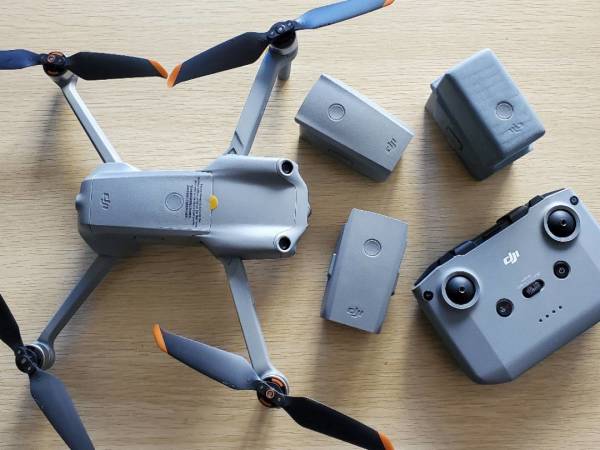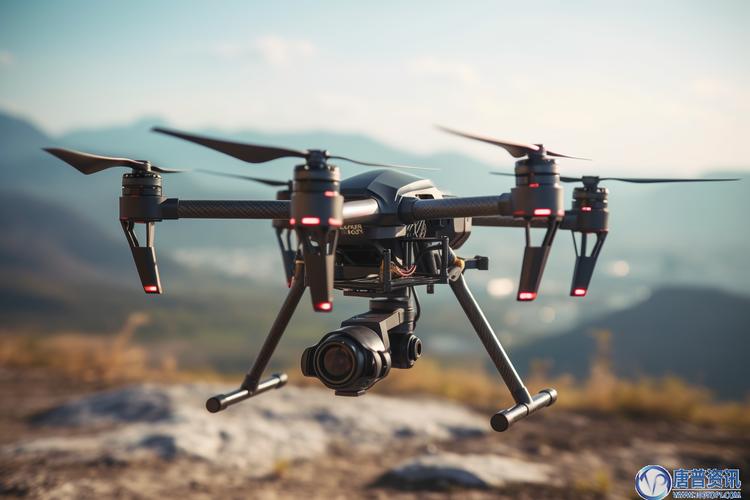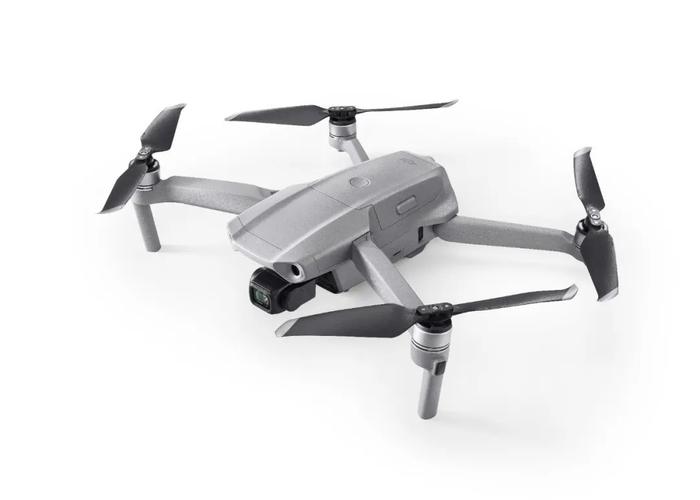Why Use Thermal Cameras on Drones?
Thermal cameras offer a unique advantage by detecting heat rather than visible light. This makes them ideal for nighttime operations or in conditions where visibility is compromised, such as smoke-filled areas or dense fog. Aerial imaging with a thermal camera enables operators to identify temperature anomalies, which is crucial for applications like electrical inspections and detecting overheating components.
Applications of Thermal Cameras for Drones
- Agriculture: Farmers use drones with thermal cameras to monitor crop health by detecting moisture levels and identifying drought-stressed areas, saving valuable resources.
- Wildlife Monitoring: Conservationists track animal movements without disturbing the ecosystem, using thermal imaging to observe nocturnal behavior.
- Building Inspections: These cameras help identify heat leaks in insulation and electrical faults, crucial for maintaining energy efficiency.


Technical Advantages
Drones equipped with thermal imaging cameras offer unparalleled resolution and sensitivity. The ability to capture high-quality thermal images from an aerial perspective provides a comprehensive overview of the target area. Advanced sensors can differentiate subtle temperature changes, increasing precision.
Many drones are now integrating AI capabilities with these cameras, enhancing automatic anomaly detection and facilitating real-time analysis. This combination drastically increases productivity by reducing manual inspection time and ensuring data accuracy.
Choosing the Right Thermal Camera for Your Drone
When selecting a thermal camera, it’s essential to consider the resolution, sensor quality, and compatibility with your drone system. Higher resolution cameras provide more details, which is crucial for analysis.

Compatibility with AI and software solutions can further enhance the capabilities, ensuring you get the most out of your investment. Trusted brands are continually innovating to provide robust solutions that cater to a diverse range of applications.
Frequently Asked Questions
- Q: Can thermal cameras see in complete darkness?
A: Yes, thermal cameras detect infrared radiation, making them effective in complete darkness as they don’t rely on visible light. - Q: Are thermal cameras affected by weather conditions?
A: Weather conditions like rain and fog can slightly impact performance, but thermal cameras generally offer reliable imaging in varied conditions. - Q: Is there a significant difference in cost between regular cameras and thermal cameras for drones?
A: Thermal cameras are typically more expensive due to their advanced technology, but they offer value through enhanced functionality and diverse applications.

Integrating a thermal camera with a drone opens up a world of opportunities. By understanding its capabilities and leveraging them across industries, professionals can achieve remarkable results efficiently.
